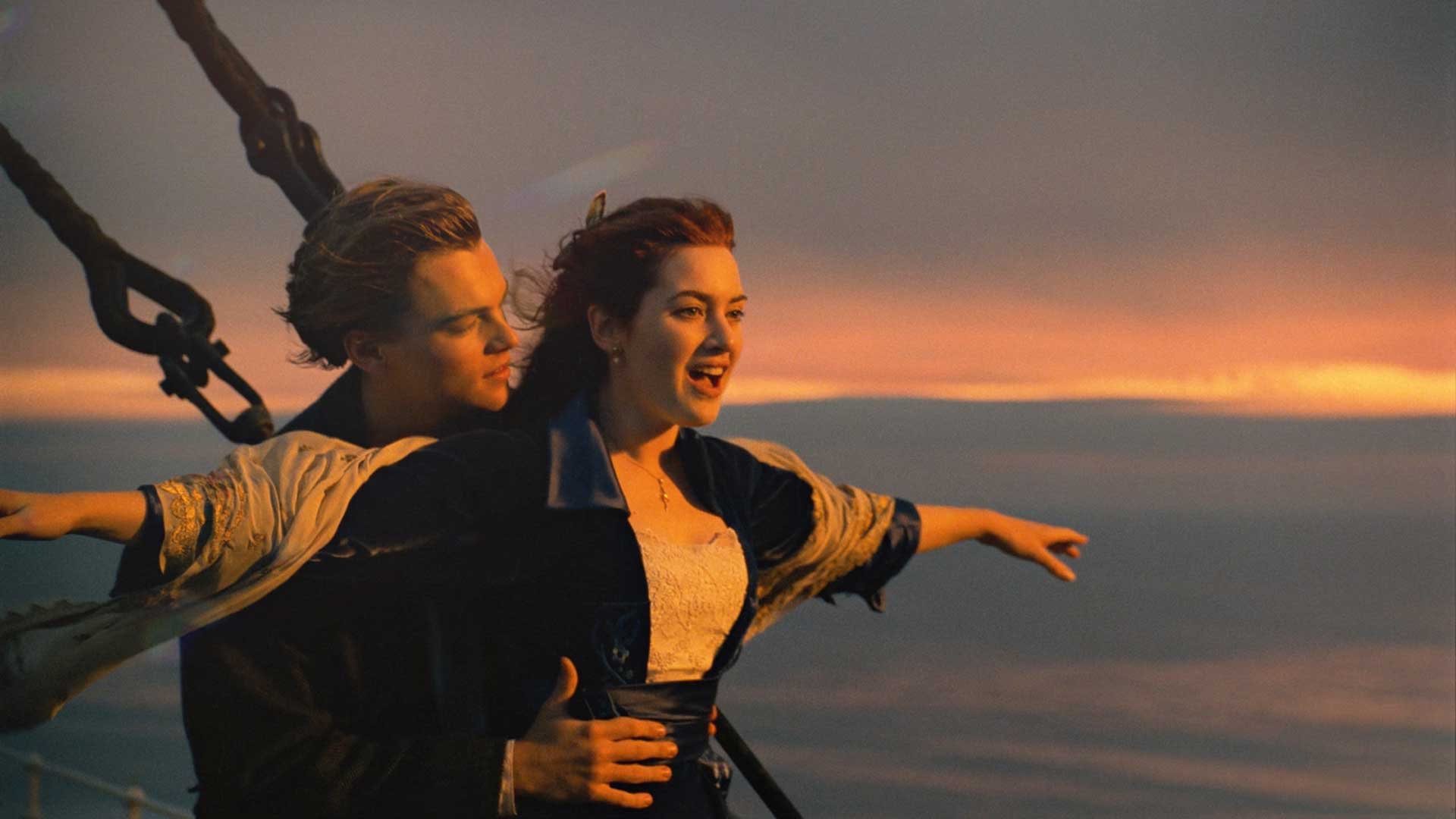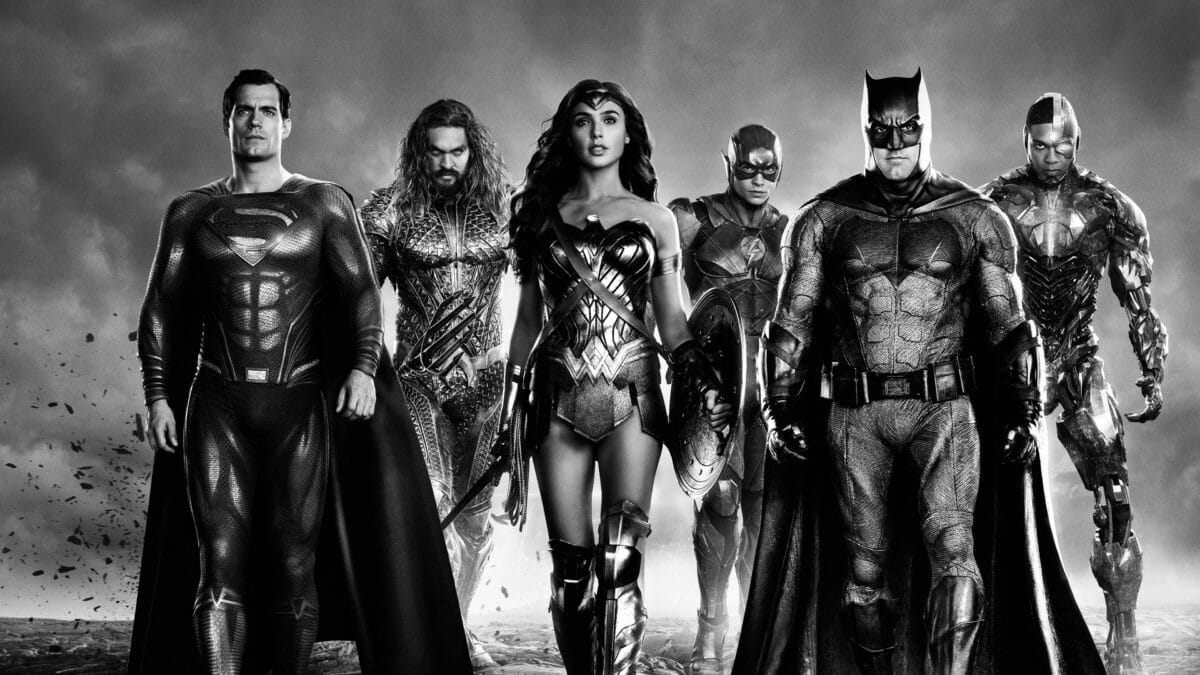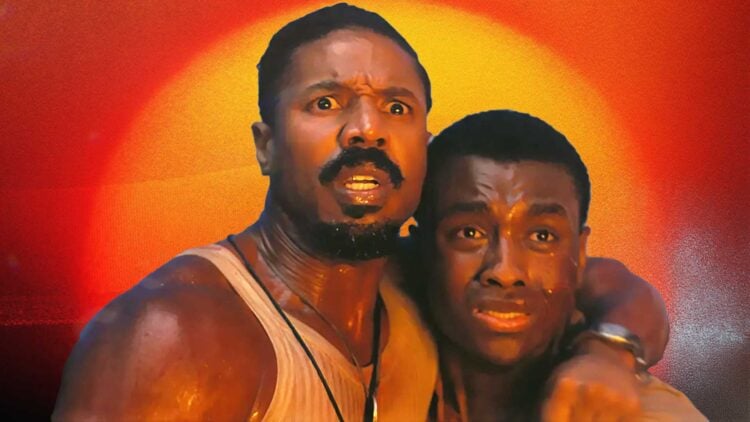There’s no denying that some films have issues with their long runtimes. Movies like The Irishman, Cloud Atlas, and Babylon have become infamous for their prolonged duration. But ask anyone who’s watched Avengers: Endgame or Dune: Part Two if they noticed that the movie was three hours long, and they’ll probably tell you that they didn’t. Considering that the average runtime was around 108 minutes in the 80s, are movies actually longer now than they were before?
While the average runtime of films has seen a steep upsurge in recent years (averaging about 132 minutes in 2025, compared to 108 minutes in 1982), what has probably changed the most is that blockbusters now go for a longer runtime compared to what it was ten or twenty years ago.
James Cameron’s Titanic, one of the most commercially successful films ever made, was infamous at its time for its runtime that went above the three-hour mark. Mind you, this was a movie released in 1997, and even then, there were talks of movies getting too long to enjoy. I distinctly remember seeing the VHS release of Titanic and The Fellowship of the Ring being split into two tapes and thinking: “This is it: movies are getting too long for their own good.”

However, while back then it was a monumental event to see a movie having to be sold on two tapes due to its length, that changed completely once online streaming became the norm. Production and distribution costs went down immensely, which meant that studios now had free rein to make their movies as long as they wanted. There’s little difference in costs between a two-hour movie and a three-hour-long epic. Add to that the notion that binge-watching series has become a common pastime, and you’ve got yourself the perfect recipe for a bloated runtime.
But just because movies can be longer doesn’t mean they must be. That’s a notion that’s always been present in horror cinema, for example. Maybe that’s the reason why it was so surprising to see 2017’s It succeed in cinemas despite its 2 hours and 15 minutes runtime – it was an exception, not the rule. The same can probably be said for 2024’s Wicked, which was 2 hours and 40 minutes long.
Drama films are an entirely different beast altogether, of course. Historically speaking, these movies have always displayed some lengthy runtimes: just try to watch any movie made by Francis Ford Copolla, for example. The thing is that most blockbuster films aren’t necessarily dramas. Movies like Avengers: Endgame are long because they include many setpieces that could have been told in a much more compact manner – a technique that action films have been using for a while.

Just look at some of the runtimes of some of the biggest movies in the last few years:
The Brutalist – Runtime: 3 hours 35 minutes
Horizon: An American Saga – Chapter 1 – Runtime: 3 hours 1 minute
Dune: Part Two – Runtime: 2 hours 46 minutes
Gladiator II – Runtime: 2 hours 28 minutes
Furiosa: A Mad Max Saga – Runtime: 2 hours 28 minutes
Joker: Folie à Deux – Runtime: 2 hours 18 minutes
The Batman – Runtime: 2 hours 56 minutes
Eternals – Runtime: 2 hours 36 minutes
Black Panther: Wakanda Forever – Runtime: 2 hours 41 minutes
Guardians of the Galaxy Vol. 3 – Runtime: 2 hours 30 minutes
Zack Snyder’s Justice League – Runtime: 4 hours 2 minutes
Sinners – Runtime: 2 hours 17 minutes
It seems like a movie’s runtime is now used as part of its marketing strategy. And even if they don’t necessarily feel longer, there’s something to be said about modern media consumption and instant gratification. We’re used to watching short videos that demand very little of our attention spans, and that might be affecting the way we enjoy feature-length films.
For now, let’s be thankful for streaming platforms that let us watch movies like The Irishman, Da 5 Bloods and Don’t Look Up in multiple sittings. It seems like binge-watching films might be this generation’s version of the classic cinema’s intermissions.
RELATED: These 12 Hit Movies Had to Be Saved by Major Reshoots
What do you think? Are movies becoming too long?










